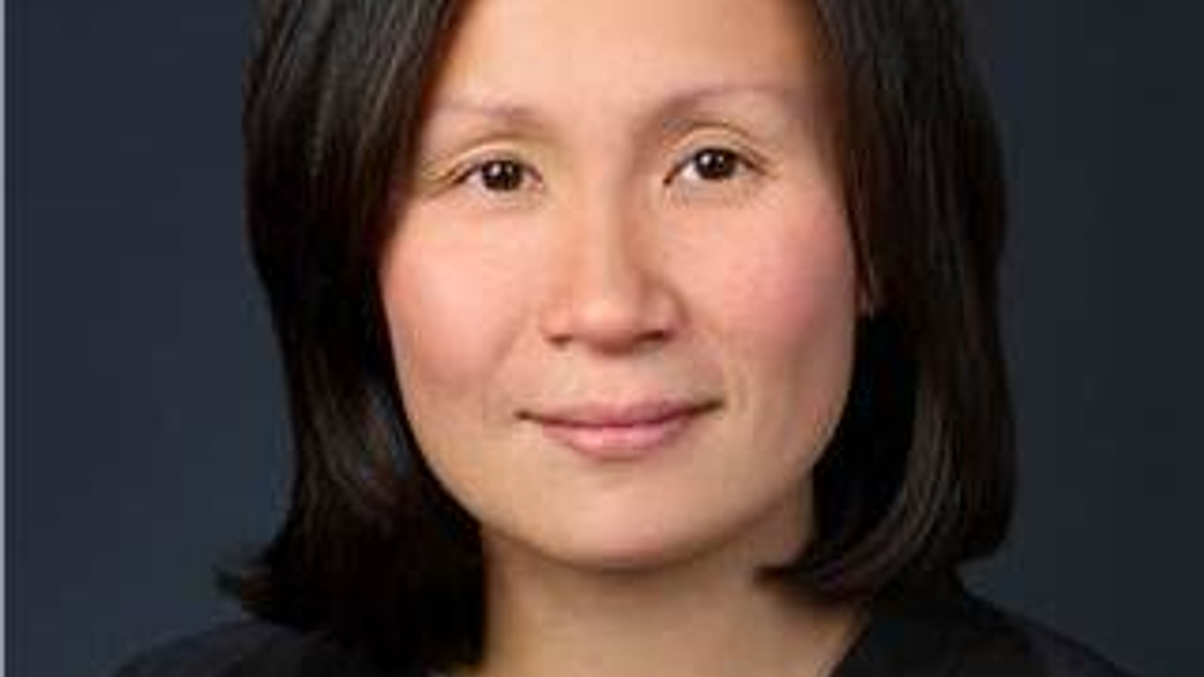iShares readies six ETFs, has no plans for L&I funds
BlackRock's exchange-traded funds arm will list six international equity products next week, but does not intend to launch leveraged and inverse ETFs in Hong Kong or elsewhere.

BlackRock’s exchange-traded funds arm, iShares, is about to list six products in Hong Kong offering exposure to international equity markets, but does not intend to launch leveraged and inverse ETFs, which were recently given the green light in Hong Kong.
Sign in to read on!
Registered users get 2 free articles in 30 days.
Subscribers have full unlimited access to AsianInvestor
Not signed up? New users get 2 free articles per month, plus a 7-day unlimited free trial.
¬ Haymarket Media Limited. All rights reserved.


